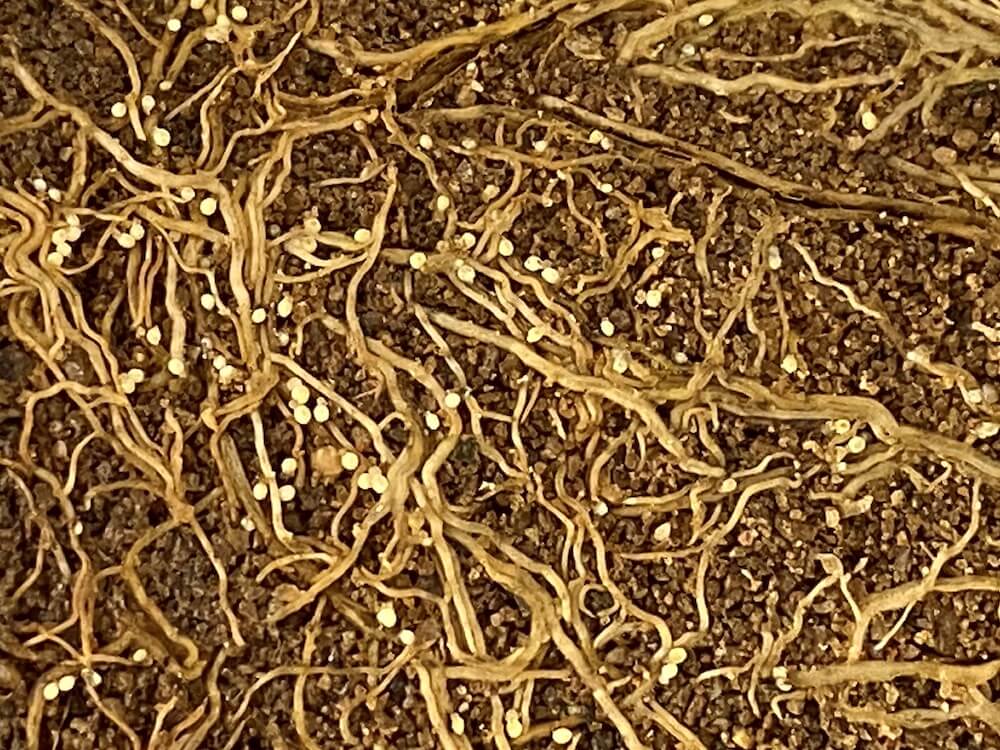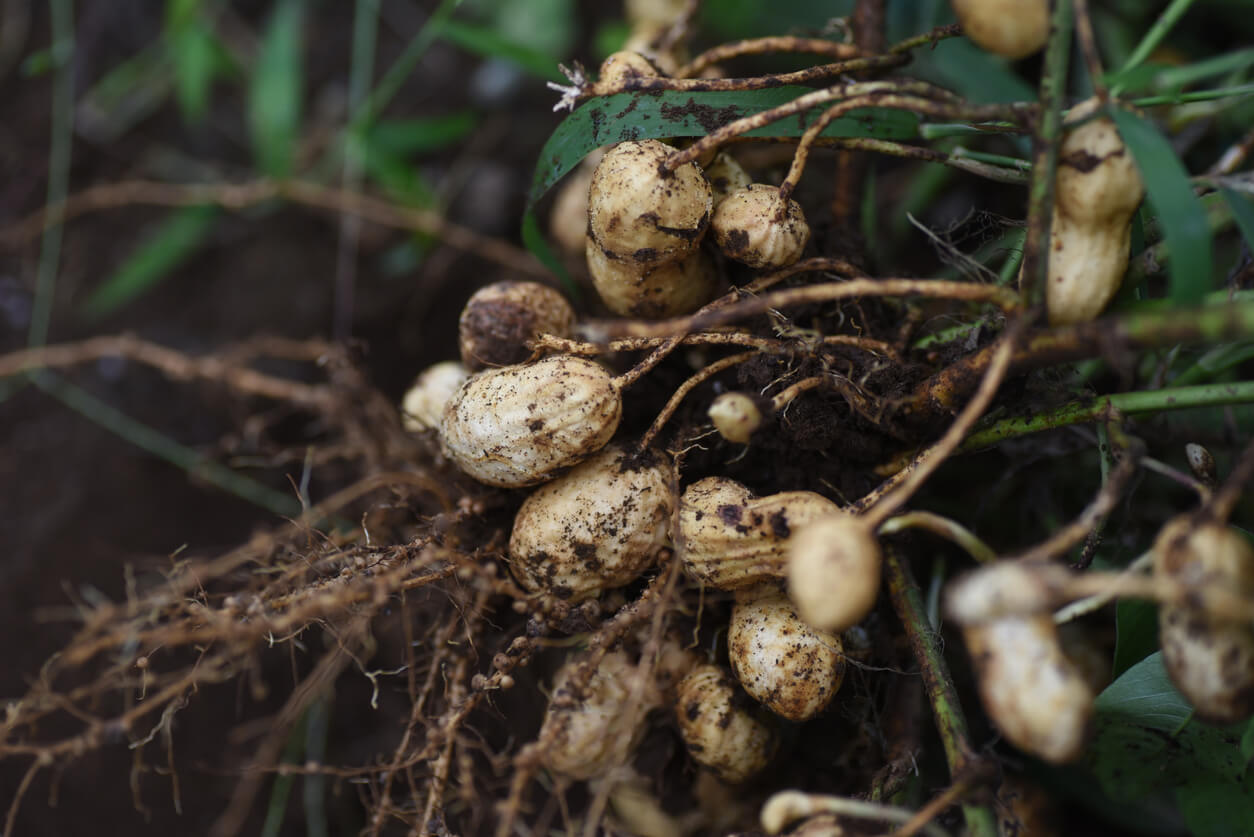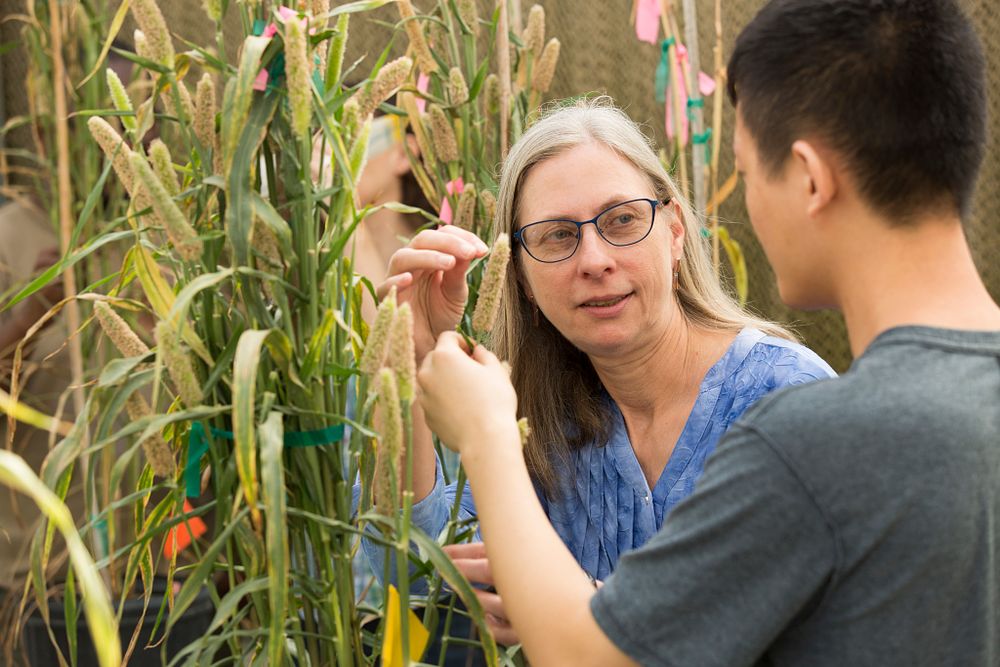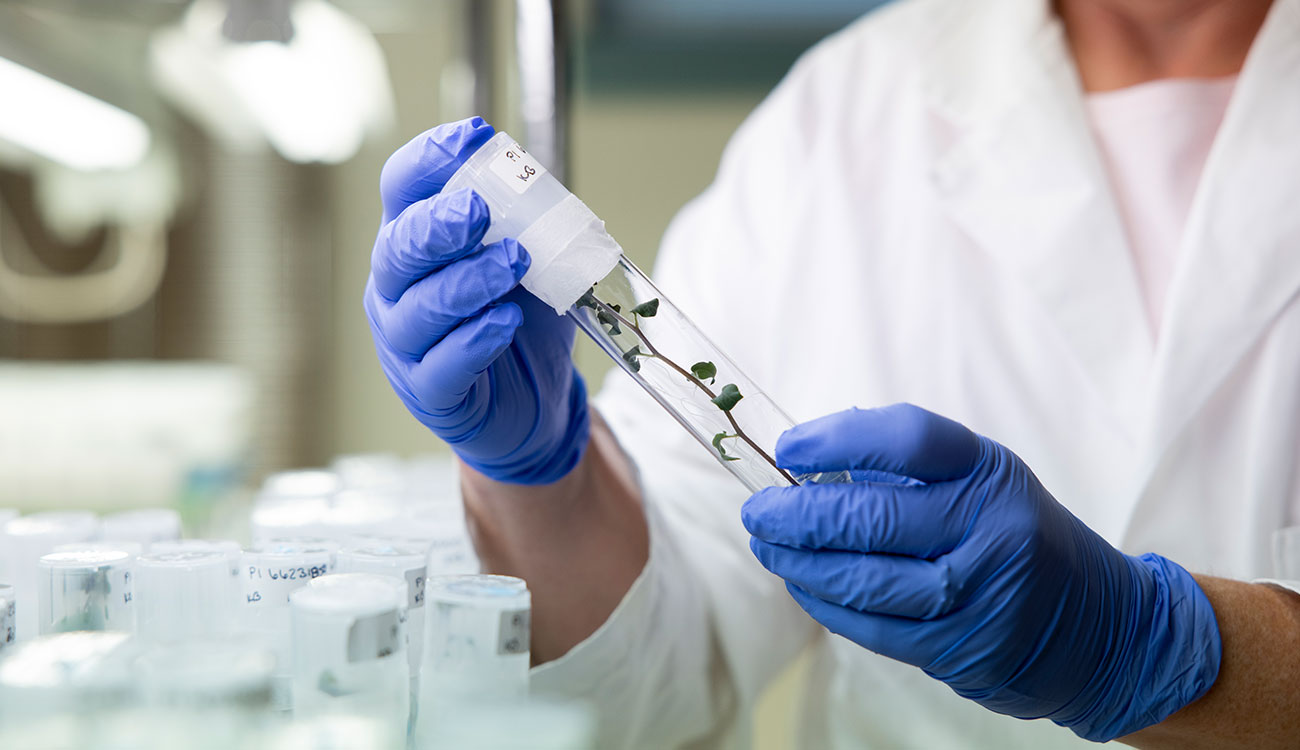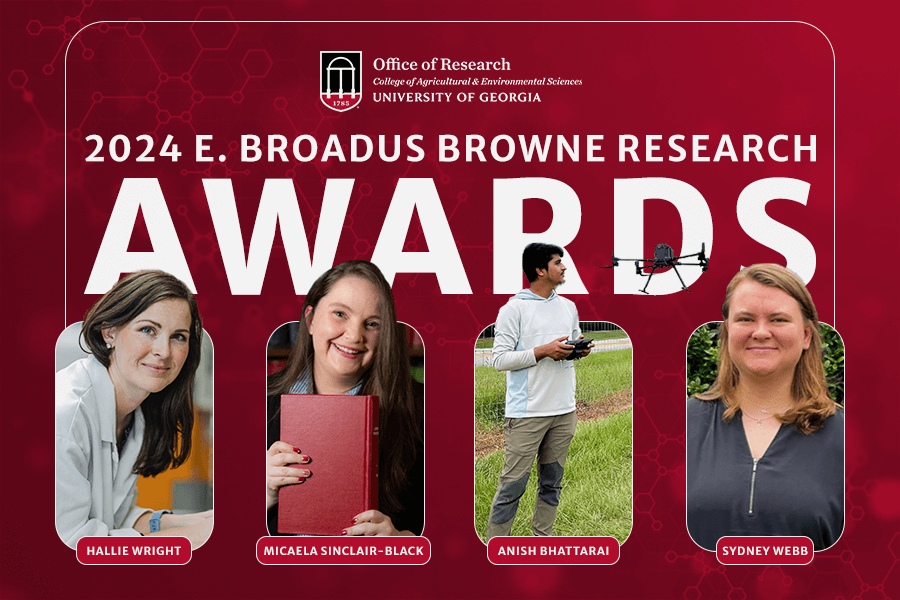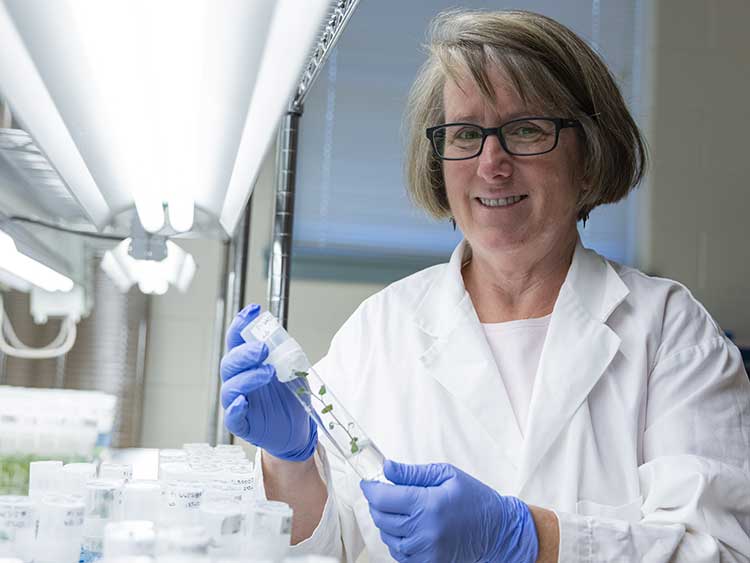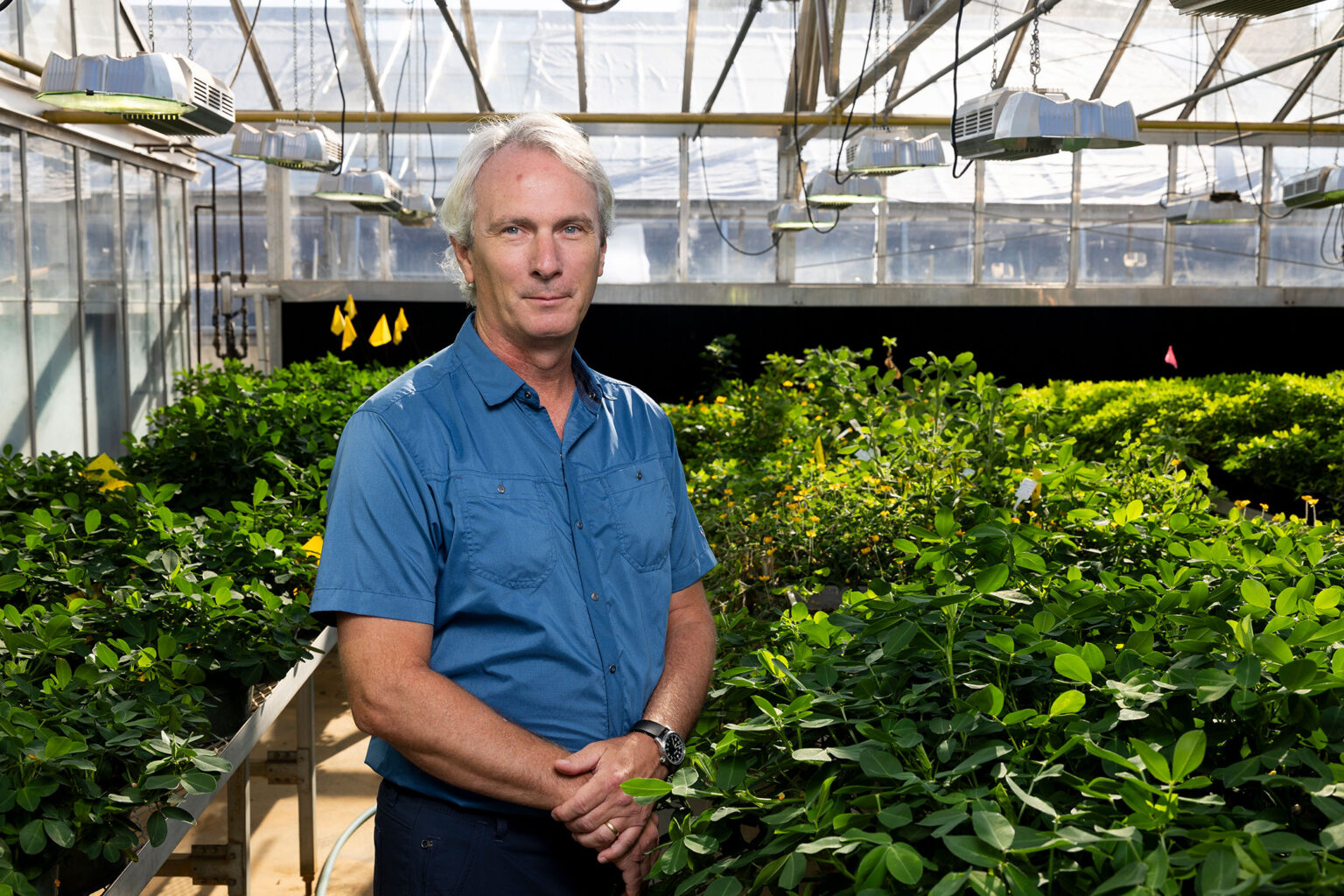 CAES News
CAES News
GRA Eminent Scholar
Renowned plant genetics researcher Scott Jackson has returned to the University of Georgia College of Agricultural and Environmental Sciences as the inaugural Georgia Research Alliance (GRA) Eminent Scholar in Synthetic Biology. GRA Eminent Scholars are internationally renowned scientists recruited to Georgia’s leading research universities in collaboration with the Georgia Research Alliance. GRA Eminent Scholars are distinguished by the significance of their research discoveries and their potential for commercial application.


